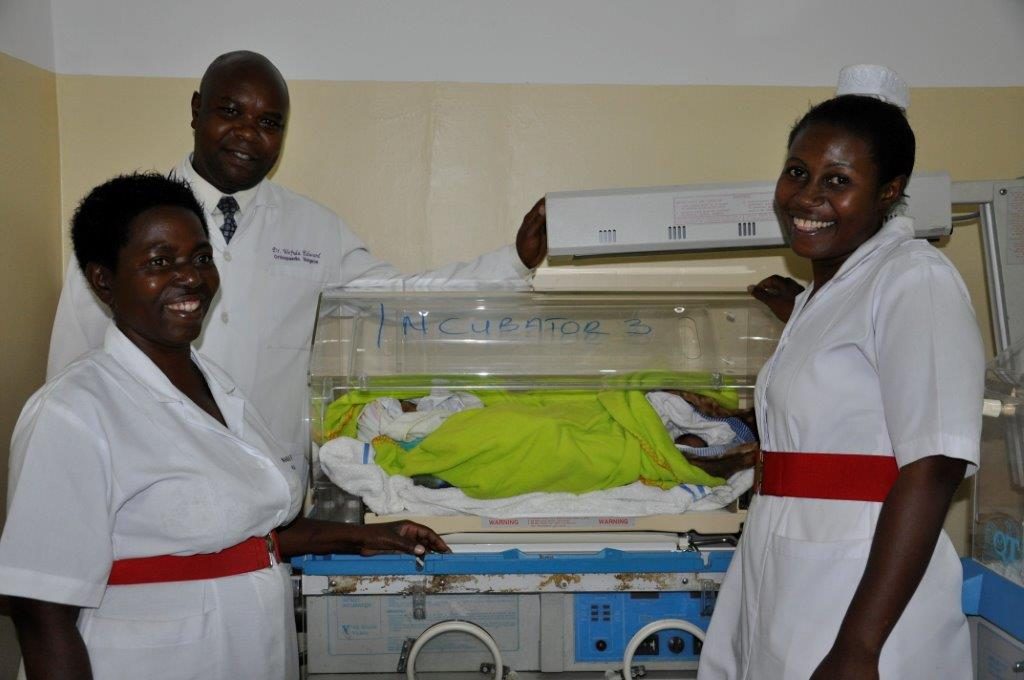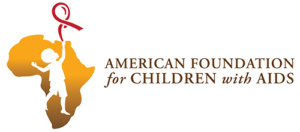Day 2 afternoon and Day 3
We travel 6 hours west towards the boarder of Congo, to Kilembe Mines, arriving after dark. The road is surprisingly good, with few potholes or surprises. What this road has, never seen by me before, are speed bumps grouped in sets of 4, one right after the other. This gives us the feeling of being run over a cheese grater, over and over again. As we approach any village or town, 5 or 6 sets of these sets of 4 greet us and we bounce up and down, up and down, up and down…
Finally, we bounce over the tallest speed bump I’ve ever seen. Twice, for good measure. That means you’ve left town. But, not to worry, we’ll feel this whole thing again in a few minutes, punctuated by the two super tall speed bumps, which declare to us all that we’ve left town. Again.
Martin, our driver for the rest of this week, deposits us at a hotel/hostel/guesthouse/b and b type of place and leaves for town, where he wants to sleep and eat. The band of four is alone, not bouncing for the first time in hours and we love it. We find places on the furniture and one checks her photos while another one reads, another one writes, and another one stares blankly at the Ugandan news.
After a filling dinner and a bit of reading, I hit the sack under my mosquito net and a fan whose breeze doesn’t quite reach me. I dream of speaking, of holding babies, of my family, of water, and of asking questions and giving answers. I dream of tuna fish, of books, of malaria medicine. I don’t sleep well, but I have a list of dreams to recall and I wake up confused and a bit disoriented. A very quick cold shower (not really a shower – more like a trickle of cold water) and I feel better and clear.
Papaya, pineapple, mango, bananas, watermelon, eggs, bread, coffee, and tea greet us as we gather around the table to start the day.
While we are two days early due to a sudden change in our schedule, the doctors and administrators at Kilembe Mines Hospital are ready for us and meet us with smiles, hugs and many good wishes. Dr. Wefula, Dr. Robert and Sister Theopista make us feel right at home, smiling and thanking us for our visit. We walk out of their office and immediately see one of our wheelchairs in action – a young boy with a broken leg is being wheeled in to await surgery.  Poor kid – we assault him and the wheelchair for photos. He doesn’t seem to mind and manages a smile when he is told that AFCA is the organization who donates supplies so he can have a ride to the surgical unit.
Poor kid – we assault him and the wheelchair for photos. He doesn’t seem to mind and manages a smile when he is told that AFCA is the organization who donates supplies so he can have a ride to the surgical unit.
My senses are assaulted as we walk through ward after ward in this sprawling hospital. I am thrilled to see beds, IV poles, sutures, needles, surgery and delivery tables, wheelchairs, mattresses, wipes, and so many other items we’ve sent. They are all being used gratefully by patients – by the hundreds of patients who come through these doors. Beds spill out to the makeshift room in the veranda because more patients keep coming. Each bed is used and we smile over and over again as we recognize “our” beds, mattresses and IV poles.
Despite the joy, there is sadness. Sadness for the pain felt by all the people being attended here today. Sadness for the man who is waiting to have his leg amputated. Sadness for the boy who needs his broken leg set. Sadness for the woman who is laboring on her first child, all by herself, whimpering quietly as wave after wave of pain overtakes her.
I also have a sense of pride of these doctors and nurses who do so much with so little. They use and reuse things we so easily discard at home – tourniquets, slings, braces. The physical therapist’s room contains boxes of braces and slings we’ve sent them, along with an exercise bicycle. The pride in this man’s face as he shows us how he helps people get strong again and how he gives them exercises to do to strengthen their limbs is palpable and I want to do more.
 We walk to the maternity unit and watch twin premature boys sharing an AFCA incubator. The room in which they sleep has three of our incubators, as well as other equipment sent to help babies survive. They are tiny, these boys. So little, yet feisty. One opens his eyes at the flash of photo as though he is protesting our waking him up. Tiny fingers clenched into fists against their mouths makes me wonder how something to little can survive out of the womb. Dr. Wefula says again and again that without these incubators, these babies wouldn’t be here right now.
We walk to the maternity unit and watch twin premature boys sharing an AFCA incubator. The room in which they sleep has three of our incubators, as well as other equipment sent to help babies survive. They are tiny, these boys. So little, yet feisty. One opens his eyes at the flash of photo as though he is protesting our waking him up. Tiny fingers clenched into fists against their mouths makes me wonder how something to little can survive out of the womb. Dr. Wefula says again and again that without these incubators, these babies wouldn’t be here right now.
To a room to our right, a mom labors quietly. In a few minutes, a baby girl is born. She is healthy looking but isn’t breathing and we all collectively hold our own breath as we watch the doctor, nurse and midwife try to save this little life. Meconium was swallowed and the baby is in distress until an AFCA bulb syringe and an ambu bag are used. They fight for this baby, rubbing her back, giving her air, expelling the meconium, rubbing her some more. We feel out of place here, with no right to watch her life possibly end. Cameras are not flashing and we stand against the opposite wall, out of the way.
Praying.
Waiting.
Waiting.
Finally, we hear, “she is fine. Don’t worry, she is fine.”
Then, “You know, this little blue bulb is a life saver. She is alive because of this. Thank you.”
We breathe, just like she does.
We are taken to the stock room where medicine we’ve donated is stored – all in good date and all available for HIV+ children and their guardians. While not thrilled to see the GIANT cockroach sitting right on the books where notations are taken, I am happy to see how well maintained all the documentation throughout the hospital has been kept. “Cockroach, stay back”, I think as we roam through the tight spaces between the shelves of medicine. I run my hand over the jars and want to clap.
Everything we do at AFCA makes sense to me again. Sometimes I lose focus and get frustrated with the fundraising aspect of things. It’s tiring and lonely work. Yet, seeing this baby girl breathe again, watching the twins survive, witnessing the supplies and equipment being used to bring comfort and care to patients, and hearing the doctors as they point out everything that has been given to them and how helpful the items and the medicine are…it all makes sense.
We retrace our trip back to Kampala, bouncing up and down as we hit those darn 4 bumps in succession, time and time again. It’s way past dark when we get back.
Tired, we eat and go to bed.

